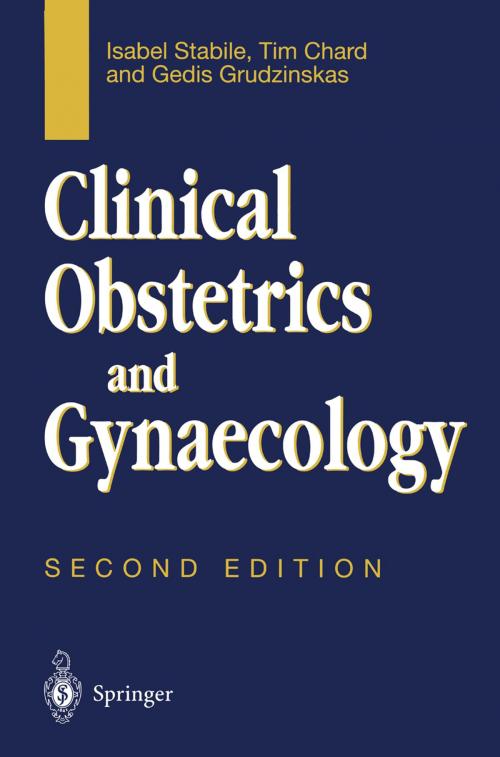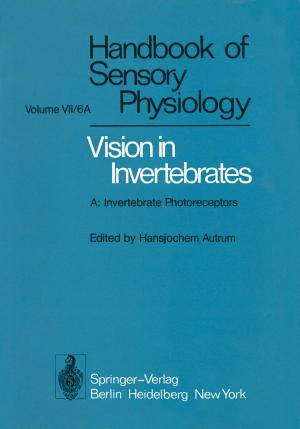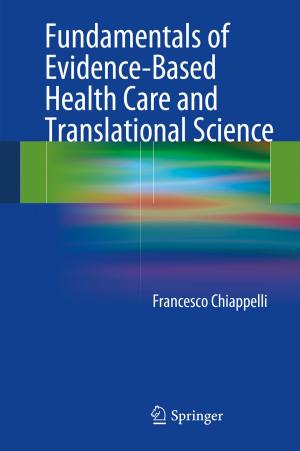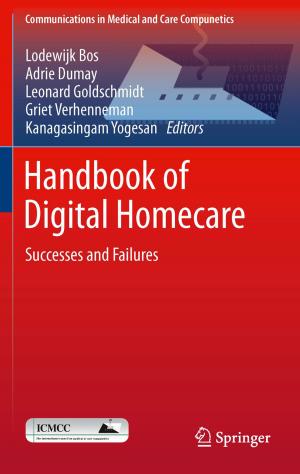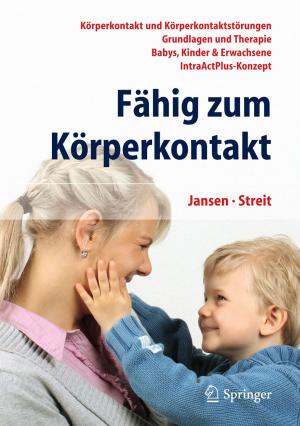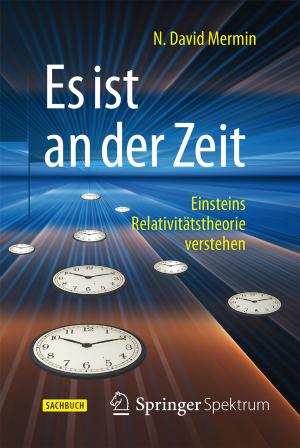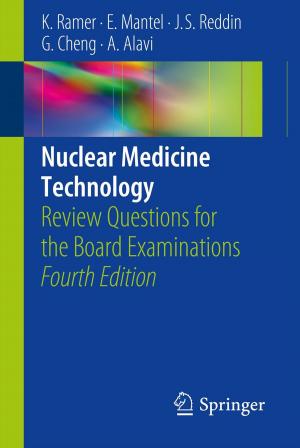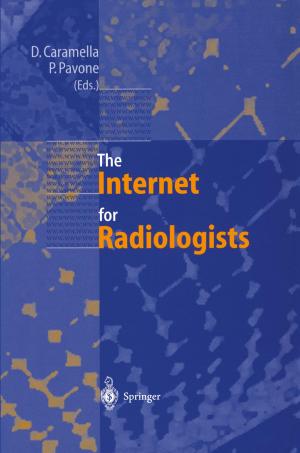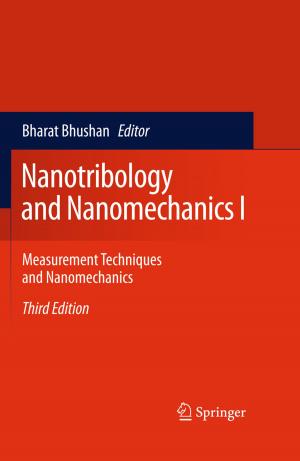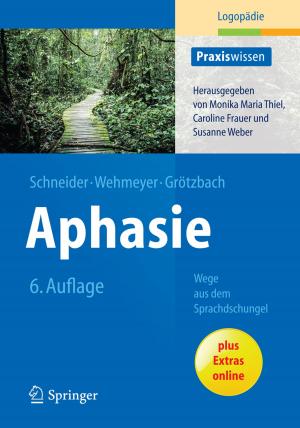Clinical Obstetrics and Gynaecology
Nonfiction, Health & Well Being, Medical, Specialties, Gynecology & Obstetrics, Science & Nature, Science, Biological Sciences, Ecology| Author: | Isabel Stabile, Tim Chard, Gedis Grudzinkas | ISBN: | 9783642859199 |
| Publisher: | Springer Berlin Heidelberg | Publication: | December 6, 2012 |
| Imprint: | Springer | Language: | English |
| Author: | Isabel Stabile, Tim Chard, Gedis Grudzinkas |
| ISBN: | 9783642859199 |
| Publisher: | Springer Berlin Heidelberg |
| Publication: | December 6, 2012 |
| Imprint: | Springer |
| Language: | English |
The aim of this book is to provide a straightforward summary of the knowledge required for examinations in specialist Obstetrics and Gynaecology. Part Two of the examination for Membership of the Royal College of Obstetricians and Gynaecologists would be a good example. The volume is intended as a companion to the highly successful Basic Sciences for Obstetrics and Gynaecology which covers the knowledge required for preliminary examinations. Increasingly, examinations of all types are based on multiple choice questions (MCQ) or structured answer questions (SAQ). No apology is made for the fact that the present book addresses the sort of "fact" which lends itself to testing by this approach. Thus, there is little discussion of speculative or contentious areas, no account of present or future research, and no references. Numerous excellent books are available which cover these topics in a much fuller and more discursive manner, and the present volume does not seek to emulate them. Even the most apparently immutable facts are subject to periodic revision. We have attempted to present the "state-of-the-a.rt": most of the material is generally if not universally accepted. A particular problem arises with numerical information. Frequencies of diseases, frequency of clinical findings, efficiency of diagnostic tests and therapies, have almost always been the subject of numerous different studies, each of which yields somewhat different results.
The aim of this book is to provide a straightforward summary of the knowledge required for examinations in specialist Obstetrics and Gynaecology. Part Two of the examination for Membership of the Royal College of Obstetricians and Gynaecologists would be a good example. The volume is intended as a companion to the highly successful Basic Sciences for Obstetrics and Gynaecology which covers the knowledge required for preliminary examinations. Increasingly, examinations of all types are based on multiple choice questions (MCQ) or structured answer questions (SAQ). No apology is made for the fact that the present book addresses the sort of "fact" which lends itself to testing by this approach. Thus, there is little discussion of speculative or contentious areas, no account of present or future research, and no references. Numerous excellent books are available which cover these topics in a much fuller and more discursive manner, and the present volume does not seek to emulate them. Even the most apparently immutable facts are subject to periodic revision. We have attempted to present the "state-of-the-a.rt": most of the material is generally if not universally accepted. A particular problem arises with numerical information. Frequencies of diseases, frequency of clinical findings, efficiency of diagnostic tests and therapies, have almost always been the subject of numerous different studies, each of which yields somewhat different results.
